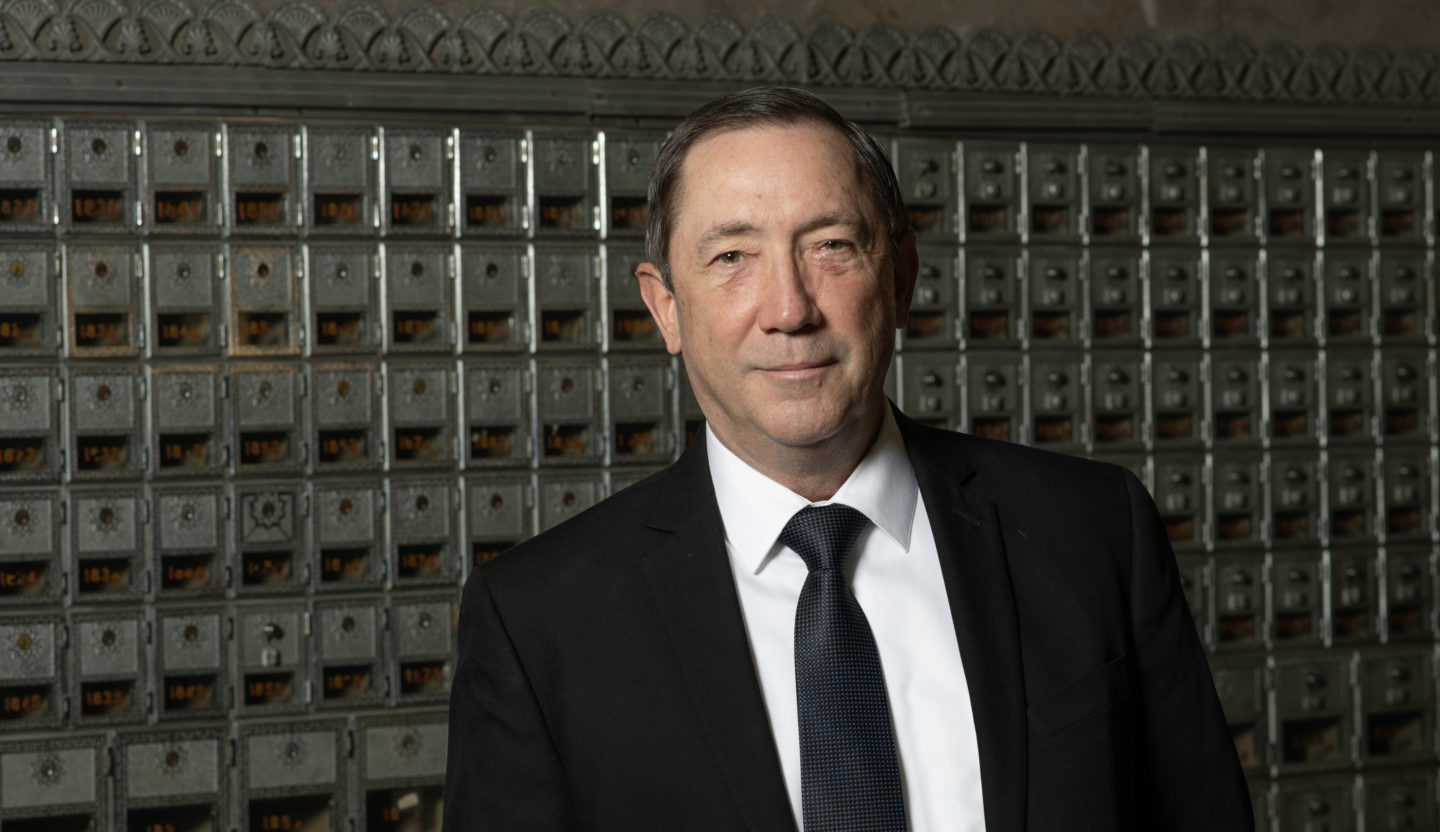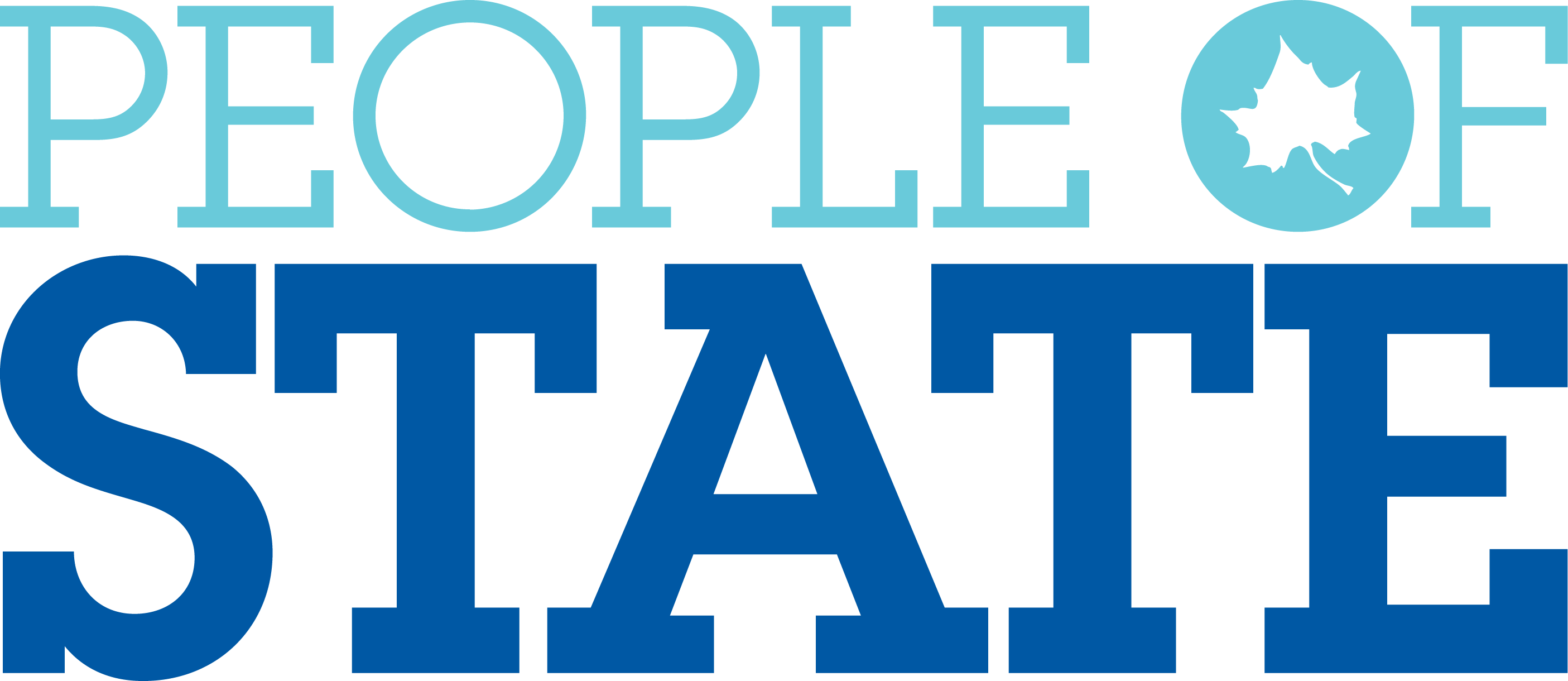
Dr. Paul Schikora
By University Marketing
Sep 14, 2021
Raising expectations. That’s what defines Dr. Paul Schikora’s teaching style in Operations and Supply Chain Management (OSCM) at Indiana State. OSCM faculty strive to raise students’ expectations of themselves to help them raise their performance and commit to learning and growing.
To understand why supply chain management is critical to a firm’s success, it helps to know what a supply chain is. Companies depend upon suppliers to provide the required inputs to their operations, and a distribution network to deliver the goods to the end customer. All of these players together form a network called a supply chain. Supply chain management (SCM) looks at the bigger picture, managing relationships between all links in the supply chain to maximize value for the firm and the customer. Successful SCM requires many different functions working together – as a result, students have plenty of career options after graduating.
Dr. Schikora came to Indiana State in 1999 after 11 years as an Air Force logistics officer. He considered teaching in the service, but ultimately took advantage of an opportunity to retire early from his military career and pursue a second career in higher education.
Over 22 years, he has seen the Scott College of Business restructure programs and departments multiple times, served as the first chairperson for the Department of Marketing and Operations, and currently serves as the department’s interim chairperson. Through it all, Dr. Schikora enjoys teaching the most.
“We put a lot of effort into building up our students. We prepare students for managerial roles in all sorts of businesses. We give them as much as we can in the classroom. We push them hard and expect a lot, but we put a lot back into them – to change their mindset, how they approach the class, and approach life.”
The OSCM Program stands out because of Indiana State’s connections with companies. “Our students get good jobs because we find out exactly what companies are looking for and direct people their way.”
Students prepare for success in the workplace with the option to complete an internship or “take a course where they work on a project with a company and earn an entry-level industry certification.” Many students do both, leaving the program with hands-on experience and credentials to back it up.
Internships have helped the program achieve a nearly 100% job placement rate in the industry. “Our students are placed in jobs well before graduation – many of them with the same company [they intern with],” Schikora said, adding that “it’s nice to check in on Facebook or LinkedIn and see our grads from a few years ago stepping up in responsibility.”
Schikora pointed out that small class sizes help students get the most out of their classes, and establish lasting relationships with faculty. “When you teach classes with more than 60 students, you don’t get to know them. Our program is small enough that our classes are typically around 20 students, which allows us to get to know everyone on a first name basis, learn their true potential, and therefore help place them in the right jobs after graduation.”
OSCM faculty also take steps to ensure they not only have book knowledge but can relate what they teach to what’s important in industry. Three OSCM faculty members hold industry certifications including Certified Rick Manager and Certified Analytics Professional. Dr. Schikora is a certified SAP Solutions Architect, and is Certified in Production and Inventory Management. In addition to developing quality relationships with faculty, students can learn from faculty with real industry experience and credentials.
Schikora said, “Our alumni are also engaged in the Scott College of Business. Sometimes, our grads from 5 years ago are the ones interviewing students looking for internships today. We talk about ‘closing the loop’ a lot. Our students ‘close the loop’ when they give back to the program.”
When he reflected on his path to higher education, Dr. Schikora was glad for the way everything worked out. “If I hadn’t gone through the process of trying to become a faculty member [in the Air Force], and if the Air Force had not offered incentives to retire, I wouldn’t have done it… I wouldn’t have even thought about it. But I have no regrets.”
His 22-year career at Indiana State speaks for itself. “I’ve enjoyed working here. I like the size of the school, the business college, the environment, the culture… there hasn’t been any reason to go somewhere else.”

